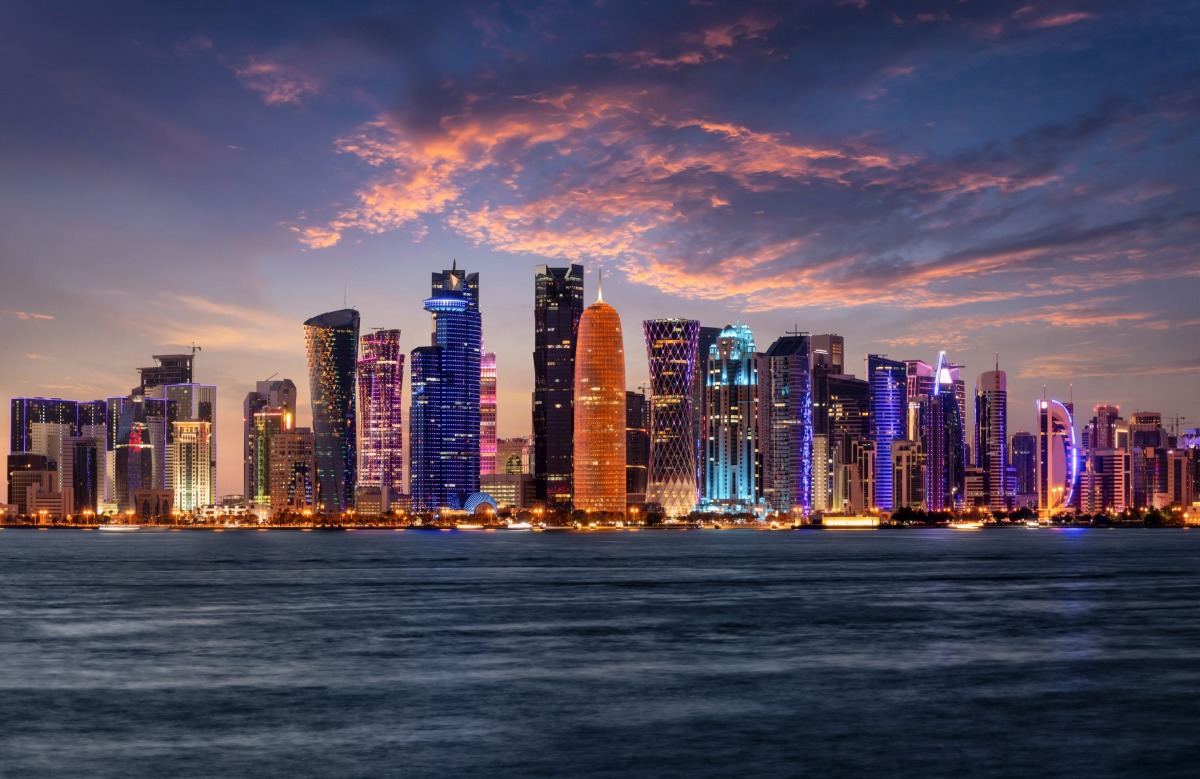Qatar’s industrial sector is experiencing significant growth this year, with more than 1,400 industrial firms being established. The total value of production for registered and licensed firms has reached QR2.634 trillion, showing a 3 percent increase from the previous year. The Ministry of Commerce and Industry’s industrial portal has revealed that there were 990 industrial registrations and 471 industrial licenses issued, totaling 1,461. Additionally, total investments in companies have reached QR235.072 billion in the current year, compared to QR232.072 billion in 2023.
The top five sectors by number of firms include manufacturing of fabricated metal products, other non-metallic mineral products, rubber and plastics products, food products, and chemicals and chemical products. The top five sectors by investment this year are manufacturing of coke and refined petroleum products, chemicals and chemical products, basic metals, other transport equipment, other non-metallic mineral products, and fabricated metal products, except machinery and equipment.
The industrial capacity and production in Qatar cover a wide range of products, from live animals to edible fruits and nuts. The industrial strategy of Qatar aims to accelerate the growth rate of small and medium industries, which are seen as having a greater potential to contribute to the gross domestic product. The Ministry of Commerce and Industry’s Industrial Services platform is a smart interface designed to support investors in the industrial sector, assisting with transactions, incentives, and exemptions.
The Industrial Strategy and Vision 2024-2030 includes 60 major projects with key performance indicators to ensure specific and measurable objectives are achieved. The strategy consists of 15 initiatives and nine programmes aimed at achieving measurable goals, including industrial clusters, the fourth industrial revolution, international trade, workforce development, research, development and innovation, investment and financing, and environmental sustainability.
The MoCI is leading the implementation process of the industrial strategy, in collaboration with other government entities. The strategy is being executed in three phases, focusing on quick wins, major impact projects, and complementary initiatives to enhance achievements and address challenges. Qatar’s Third National Development Strategy (NDS-3) outlines a targeted approach to industrial development between 2024 and 2030, emphasizing the value of specialised, high-productivity clusters.
To attract foreign and domestic investment for its industrial diversification agenda, the government of Qatar continues to refine regulatory frameworks. Through these efforts, Qatar’s industrial sector is poised for continued growth and development in the coming years.











